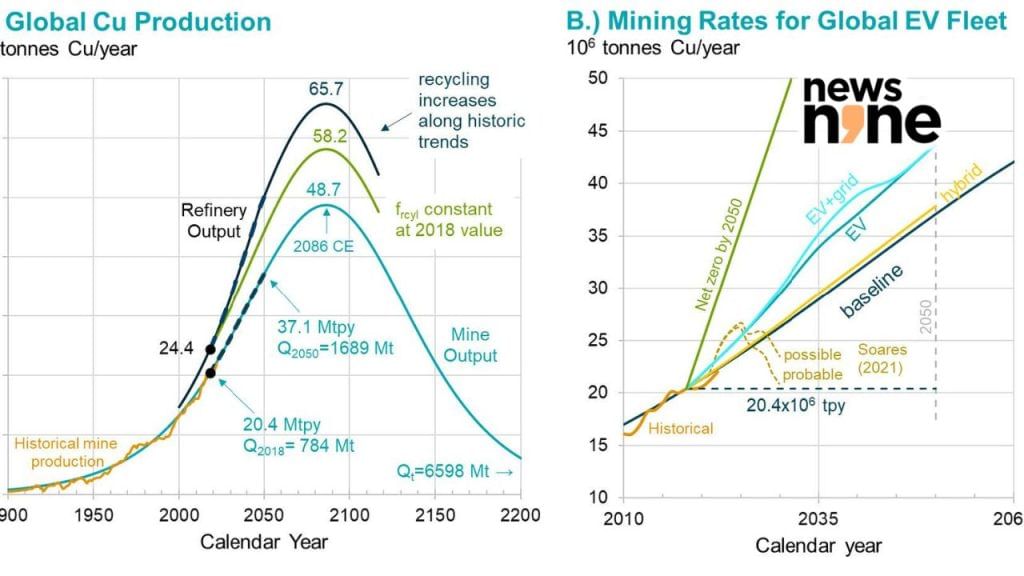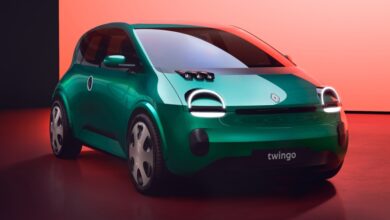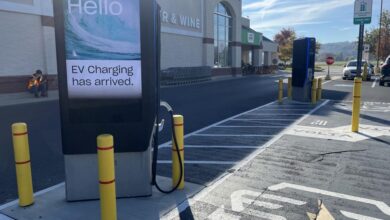Copper Shortage Threatens Electric Vehicles: Study Suggests Hybrid Focus | Science News

A University of Michigan study highlights a looming copper shortage that threatens the global transition to electric vehicles. The study suggests hybrid vehicles as a feasible alternative to manage the copper demand and ensure a smooth transition to green energy.
EV Boom vs. Copper Supply: A Looming Crisis?
Key Highlights
- A study reveals copper mining cannot meet the demands of global EV production.
- Electric vehicles require three to five times more copper than traditional cars.
- Researchers suggest focusing on hybrid vehicles to manage copper scarcity.
New Delhi: Copper is essential for electricity generation, distribution, and storage. However, a recent study from the University of Michigan suggests that the current pace of copper mining cannot meet the demands of the accelerating transition to electric vehicles (EVs).
Why Copper is Crucial
Copper is a key component in many technologies due to its excellent electrical conductivity. It is used extensively in:
- Electric Vehicles (EVs): An EV uses three to five times more copper than a traditional petrol or diesel car.
- Electrical Grids: Upgrades to the electricity grid to support renewable energy also require substantial amounts of copper.
- Infrastructure: Developing countries need copper to build essential infrastructure like electricity grids.
The Growing Demand for Copper
Global policies are pushing for rapid electrification of vehicles. For example, the US Inflation Reduction Act aims for 100% of cars manufactured by 2035 to be electric. This ambitious goal dramatically increases the demand for copper.

(A) Historic and projected mined copper production. (B) Copper mine production requirement scenarios. Source: IEF
Adam Simon, a professor of earth and environmental studies at the University of Michigan, explained the challenge: “A normal Honda Accord needs about 40 pounds of copper. The same battery electric Honda Accord needs almost 200 pounds of copper. We show in the paper that the amount of copper needed is essentially impossible for mining companies to produce.”
The Numbers Behind the Crisis
The University of Michigan study examined 120 years of global copper production data. Here are some key findings:
- Current Production: There are over 709 copper mines globally. The largest, Escondida in Chile, produced 882,100 tonnes of copper in 2023.
- Future Needs: From 2018 to 2050, the world will need to mine 115% more copper than all the copper mined in human history up to 2018 just to meet current needs, excluding green energy demands.
- EV Production: To meet the copper demands of electrifying the global vehicle fleet, six new large copper mines must be opened annually for several decades.
The Alternatives
Given the limitations of copper mining, the study suggests rethinking the approach to electrification. Instead of focusing solely on full electric vehicles, hybrid vehicles might offer a more feasible solution.
Simon highlighted an important consideration: “We know, for example, that a Toyota Prius actually has a slightly better impact on climate than a Tesla. Instead of producing 20 million EVs in the US and, globally, 100 million battery EVs each year, would it be more feasible to focus on building 20 million hybrid vehicles?”
The Broader Impact
Apart from EVs, copper is vital for other sectors. Developing countries need copper to build infrastructure for the approximately one billion people who currently lack access to electricity. This creates a potential conflict between global energy transition goals and infrastructure needs in less developed regions.
Simon warned, “What we will end up with is tension between how much copper we need to build infrastructure in less developed countries versus how much copper we need for the energy transition. We are hoping this study gets picked up by policymakers who should consider copper as the limiting factor for the energy transition, and to think about how copper is allocated.”
Key Points to Remember
- Copper Demand: EVs and renewable energy require significantly more copper than current mining can supply.
- Study Findings: Meeting future copper needs would require a massive increase in mining production.
- Alternative Solutions: Hybrid vehicles might offer a more feasible path forward.
- Broader Impact: Balancing copper allocation between energy transition and infrastructure needs is crucial.
The University of Michigan study highlights a significant challenge in the global transition to electric vehicles: the supply of copper. With the current pace of mining, it is unlikely that copper production can meet the demands of full electrification.



